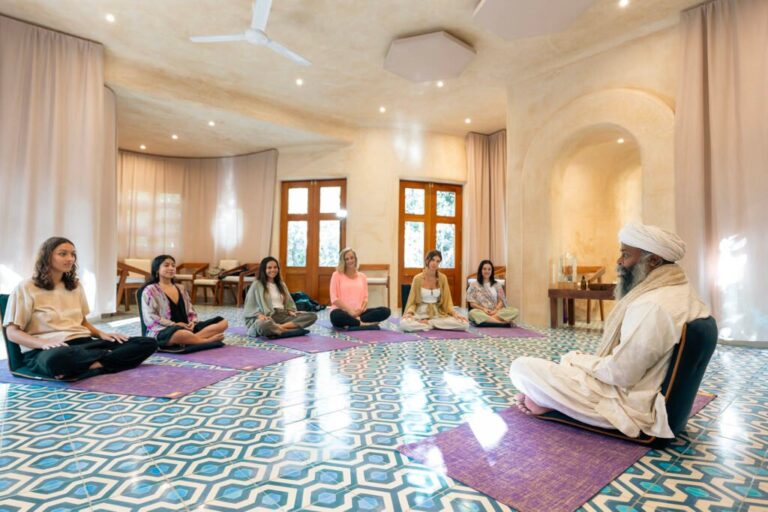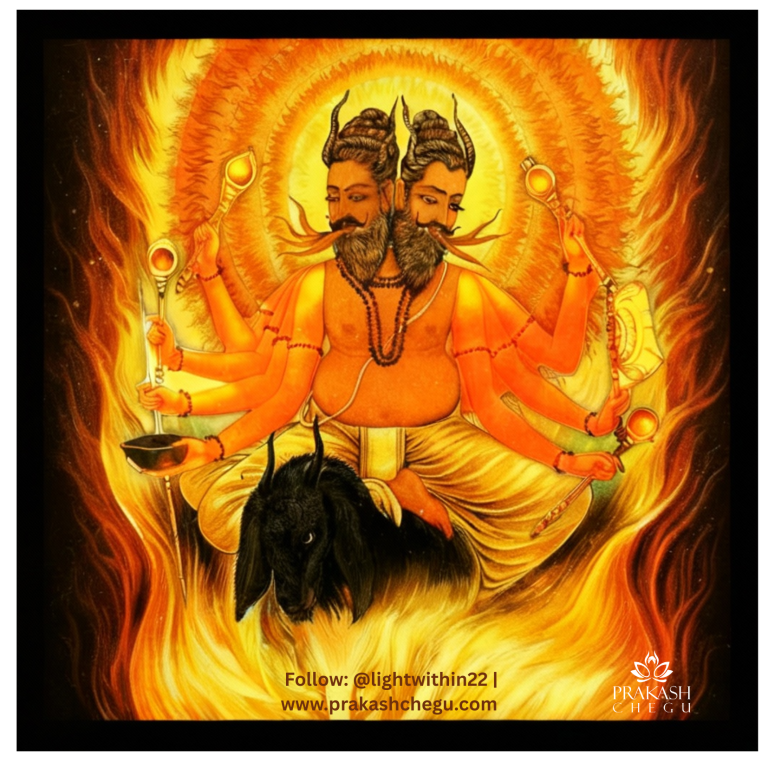Kissing.
It is one of the most intimate, universal, and deeply human gestures – a way we express love, longing, affection, respect, and connection.
But where did kissing actually come from? Why do humans kiss at all?
🐒 The Evolutionary Mystery of Kissing
While nearly everyone kisses in some form – romantically, between friends, or in family bonds – scientists have long been puzzled by its origins.
Now, a fascinating theory called the “groomer’s final kiss” sheds new light on this age-old mystery.
🌿 The Grooming Roots of Kissing
In our primate ancestors, grooming was a primary way to:
-
Clean each other
-
Remove parasites
-
Strengthen social bonds within the group
This mouth-to-skin contact wasn’t about romance. It was about care, trust, and belonging.
👤 Humans Lose Their Fur, Kissing Evolves
As humans evolved to have less body hair, the practical need for grooming diminished. But the emotional and social bonding function remained.
🔹 Without fur to groom, grooming gestures transformed into lip-to-lip contact – what we now call kissing.
🔹 This shift retained the sense of affection, closeness, and safety once provided by grooming.
🌎 Kissing Across Cultures
Interestingly:
✔️ About half of cultures studied practice romantic kissing.
✔️ Nearly 90% of cultures have some form of kissing or mouth contact in social bonding – between parents and children, elders and youth, or as formal greetings.
This shows that kissing, in its varied forms, is more about connection than romance alone.
🗣️ From Grooming to Speaking
Researchers also believe that as humans lost their fur, vocal communication evolved to maintain social ties.
-
Grooming was replaced by words.
-
Touch was supplemented by song, speech, and shared stories.
-
Kissing retained its place as a silent, primal form of bonding.
✨ The Deeper Meaning of Kissing
While science explains kissing as an evolutionary leftover, its spiritual significance runs deeper:
💛 Kissing is surrender. It softens the barriers between two people.
💛 Kissing is devotion. In many cultures, people kiss sacred objects, the ground, or elders’ feet to show reverence.
💛 Kissing is primal trust. It carries an ancient memory of being cared for, cleaned, and accepted by the group.
🌌 Final Reflection
Kissing is older than culture. It is a memory of care coded into our biology, now expressed through love.
Next time you kiss someone dear to you – on the lips, their forehead, their hand, or their feet – remember:
You are touching a gesture that predates language, that once kept tribes united, and now keeps hearts connected.









